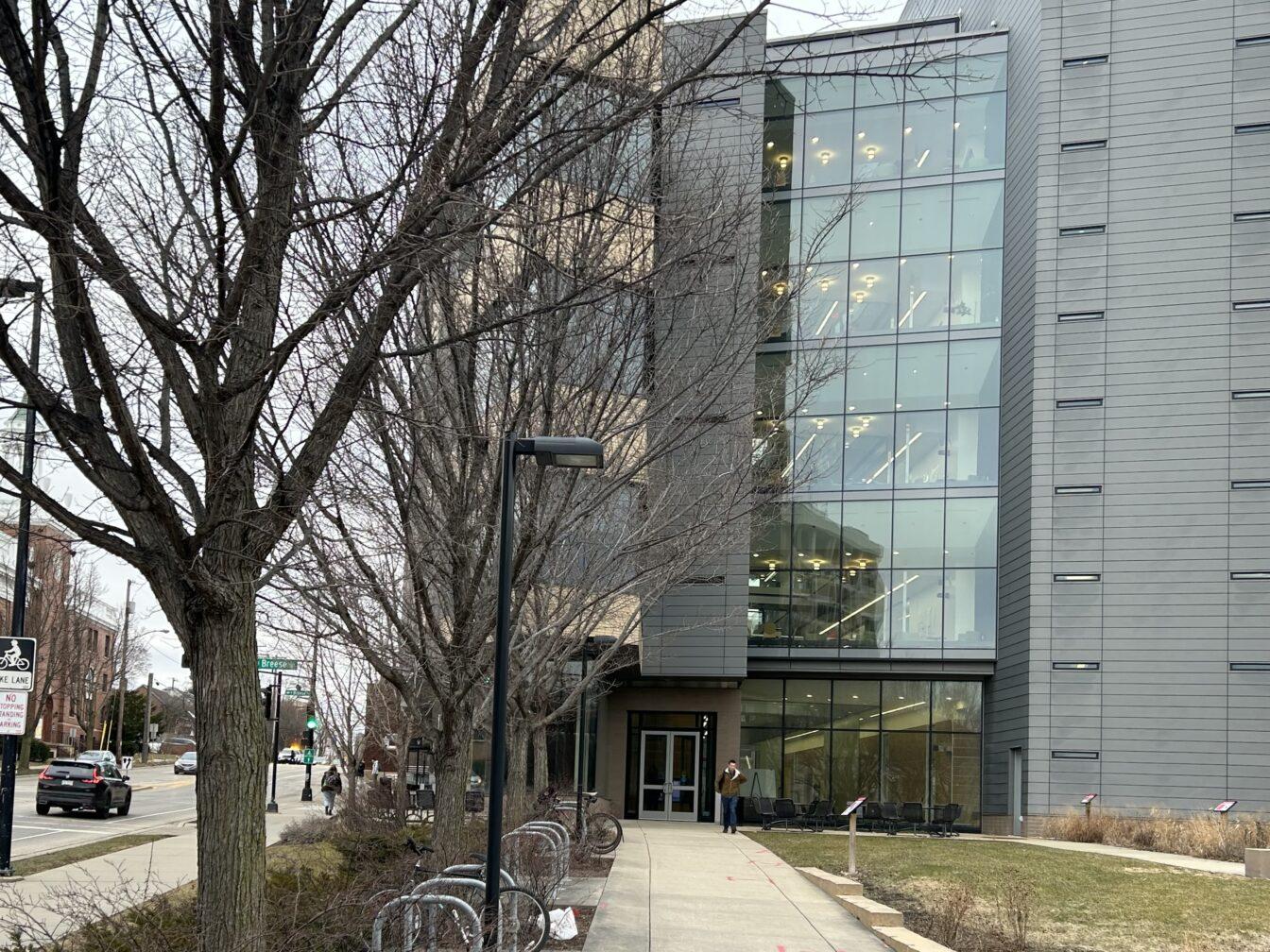Many university students view living close to campus as an important component of the college experience. Now, at college campuses across the country, university alumni can return to their alma mater and live in retirement communities.
There are more than 60 retirement communities on campuses ranging from the Ivy Leagues to the Big Ten and include colleges such as Cornell University, Dartmouth University, the University of Michigan, the Virginia Military Institute and Lasell College, located in a suburb of Boston. While several universities already have housing projects of the sort up and running, the Wisconsin Alumni Association is looking into ways of bringing a similar community to Madison.
At the University of Michigan, the University Commons retirement community was “conceived, designed and constructed for University of Michigan alumni, faculty, staff and surviving spouses, age 55 years and older,” according to Blue Hill Development website, the real estate company that owns the University Commons property.
The University of Michigan provides some support for University Commons, which is not owned or operated by UM, according to university representatives.
The 92-condominium retirement housing is located adjacent to the UM North Campus and is for independent seniors. The residents attend football games together, can take UM courses, host dinner speakers from the university and go to recitals by the UM School of Music graduate students.
Allison Cutler, community director at University Commons, said she has not heard any complaints from residents or UM students about either group’s activities
“We’re located about a mile from campus,” Culter said. “North campus is pretty quiet, and we’re located so that we don’t hear outside noise anyways.”
Cutler also said University Commons was the brainchild of UM faculty and staff, some of whom passed away before they had the chance to live in the retirement community.
“The faculty and staff had predefined ideas about what exactly they wanted. They were involved in everything from choosing the architect to the developer to the location of the property,” Cutler said.
There are a number of retirement communities and housing for seniors in
Madison, although none are connected to the University of Wisconsin or marketed directly at alumni or staff.
Meriter Retirement offers three different downtown Madison retirement-home options for seniors.
“Without leaving home, residents can enjoy classes on a variety of topics, exercise and fitness, interdenominational church services, holiday celebrations, gardening and other outdoor activities,” according to the Meriter Retirement website.
The WAA, a nonprofit organization, has been studying other universities’ retirement communities for one year and is interested in having a similar development on the UW campus, Gary Berger, vice president of finance with WAA, said.
“We surveyed 40 similar facilities on campuses,” Berger said. “We want to provide programs and services to alumni and connect them with the campus.”
Berger said WAA’s biggest challenge is location, as WAA does not have a potential site in mind yet.
As with University Commons, potential residents would enter into a contract and pay an entrance fee. Berger said no state or university money would be used or borrowed for the project, although UW would be lending its name to the retirement community.










